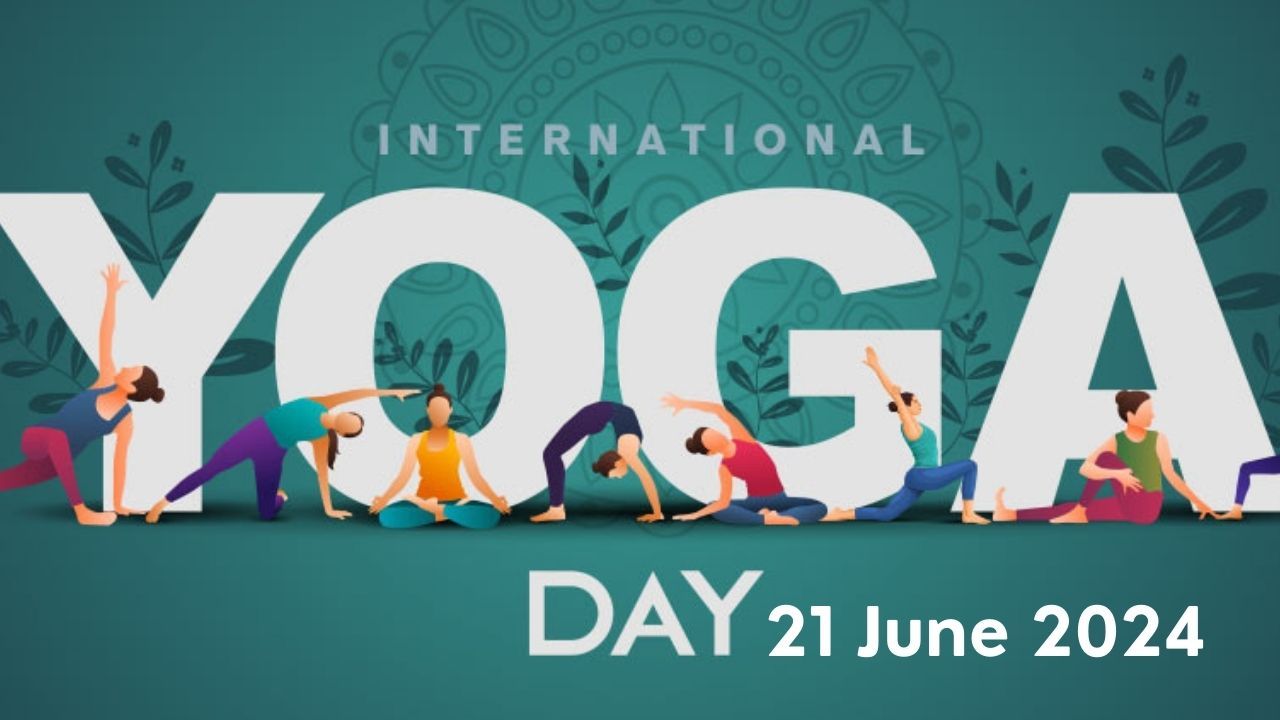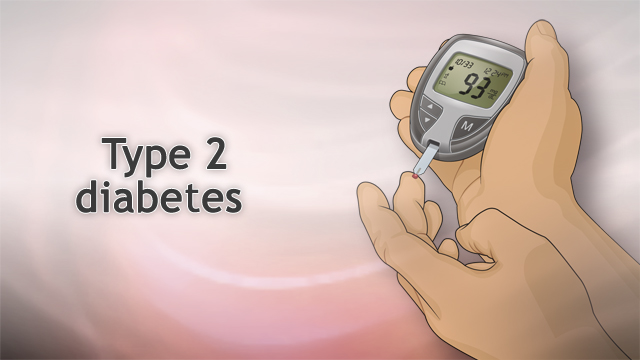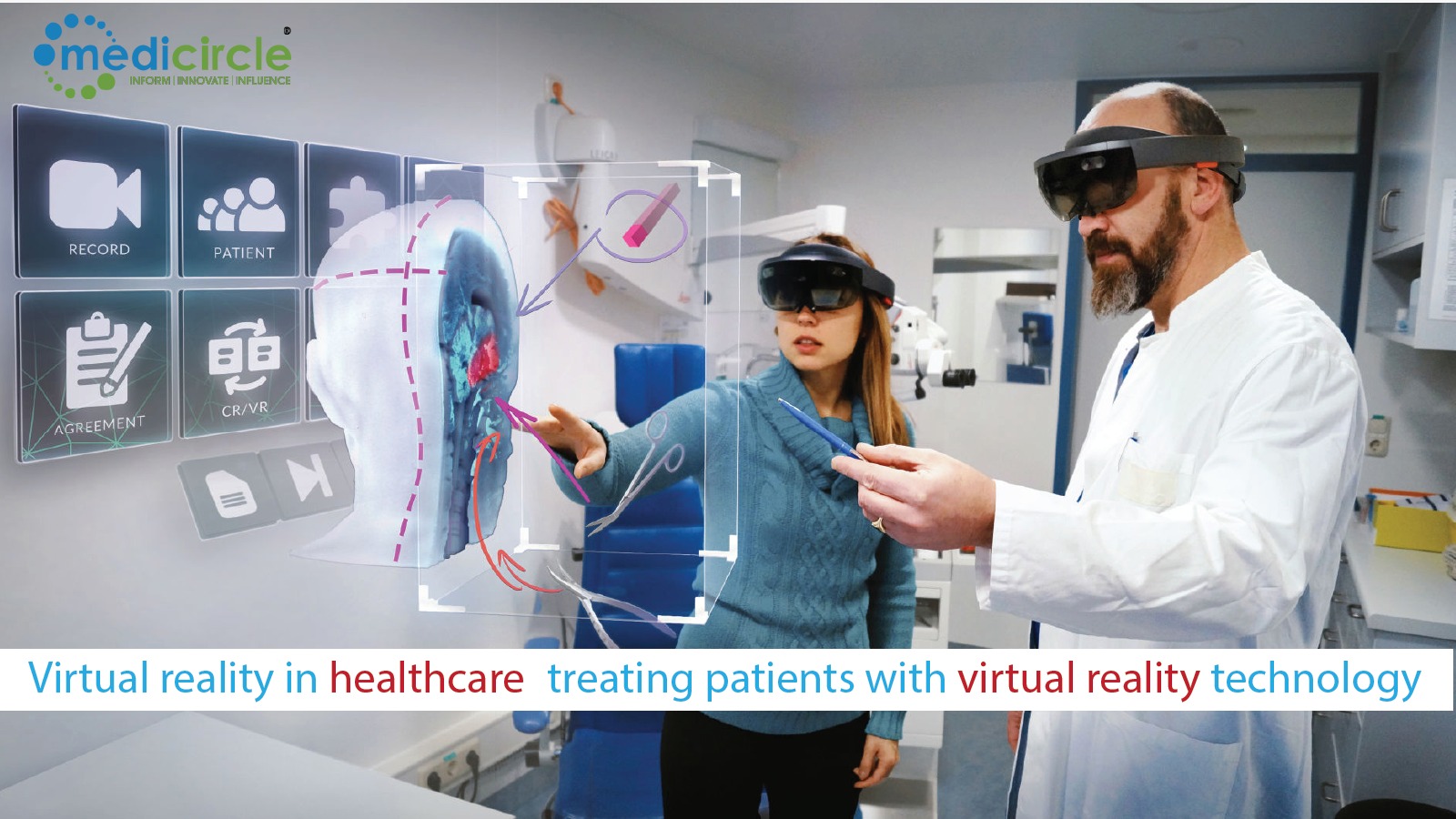A train accident can cause severe physical injuries and property damage. However, the psychological impact can be just as significant. Survivors may have witnessed or experienced the loss of lives, injuries, or the destruction of their sense of safety. The emotional toll of such an event can lead to the development of PTSD.
According to the doctors at SCB Medical College and Hospital in Cuttack around 40 of the 105 patients admitted to the Hospital in Cuttack after the horrific train accident at Balasore are showing a tendency of post-traumatic stress disorder (PTSD).
" It was natural for such an accident to have a severe impact on the minds of the survivors. Many were found to be severely stressed, fearful, panicked at times, and silent. We are counselling them and talking to them along with their family members. Each team comprises a psychiatrist, a psychologist, a social worker, and one or two members of the patient’s family" said Dr Jashobanta Mahapatra, associate professor of the Clinical Psychology Department.
Experiencing a train accident can be a terrifying and traumatic event that leaves lasting effects on the mind and body. Post-Traumatic Stress Disorder (PTSD) is a common psychological condition that may develop after such an incident.
Recognizing PTSD Symptoms
PTSD symptoms can be seen immediately after the accident or even months later. Common symptoms include:
1. Intrusive Memories: Survivors may experience vivid flashbacks, nightmares, or distressing thoughts related to the accident.
2. Avoidance Behavior: Individuals might go to great lengths to avoid anything that reminds them of the traumatic incident, including train stations, tracks, or even discussing the accident.
3. Hyperarousal: PTSD can cause heightened states of anxiety, irritability, difficulty concentrating, hypervigilance, and exaggerated responses.
4. Negative Mood and Thoughts: Feelings of guilt, shame, anger, or a negative outlook on life may be present.
5. Emotional Numbing: Some survivors may feel emotionally detached from others, lose interest in activities they once enjoyed, or have difficulty experiencing positive emotions.
a) Seeking Professional Help:
If you or someone you know is experiencing symptoms of PTSD after a train accident, it is crucial to seek professional help. Mental health professionals, such as therapists or psychologists, are trained in trauma-focused therapies and can provide appropriate guidance and support throughout the recovery process.
b) Support from Loved Ones:
Having a strong support system is invaluable when dealing with PTSD. Friends, family members, or support groups can offer understanding, empathy, and a safe space for survivors to express their feelings. Loved ones should educate themselves about PTSD to better support their affected family member or friend, and encourage them to seek professional help when needed.
c) Self-Care and Coping Strategies:
Engaging in self-care activities is essential for individuals with PTSD. Taking care of physical health through regular exercise, maintaining a balanced diet, and getting enough restful sleep can help support overall well-being. Additionally, relaxation techniques like deep breathing, mindfulness, or meditation can assist in managing anxiety and promoting a sense of calmness.
d) Gradual Exposure and Therapies:
Gradual exposure therapy, conducted under the guidance of a mental health professional, can help individuals with PTSD confront their fears and triggers in a controlled environment. This technique assists survivors in gradually desensitizing themselves to the traumatic memories associated with the train accident. Other evidence-based therapies, such as Cognitive Behavioral Therapy (CBT) and Eye Movement Desensitization and Reprocessing (EMDR), can also be effective in processing and reducing PTSD symptoms.
e) Medication Options:
In some cases, medication may be prescribed by a psychiatrist to manage the symptoms of PTSD. Antidepressants or anti-anxiety medications can help alleviate the intensity of intrusive thoughts, anxiety, and depression. It is important to consult with a healthcare professional to determine the most suitable medication and dosage.
PTSD after a train accident is a serious condition that requires attention and care. It is crucial to acknowledge the impact of the traumatic event and seek professional help to navigate the path to recovery. Remember, you are not alone and there is always help available for those in need.

 According to the doctors at SCB Medical College and Hospital in Cuttack around 40 of the 105 patients admitted to the Hospital in Cuttack after the horrific train accident at Balasore are showing a tendency of post-traumatic stress disorder (PTSD).
According to the doctors at SCB Medical College and Hospital in Cuttack around 40 of the 105 patients admitted to the Hospital in Cuttack after the horrific train accident at Balasore are showing a tendency of post-traumatic stress disorder (PTSD).














.jpeg)





.jpeg)



















